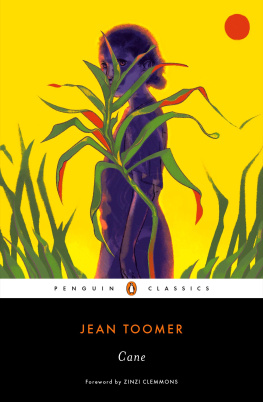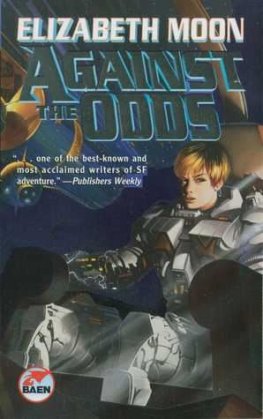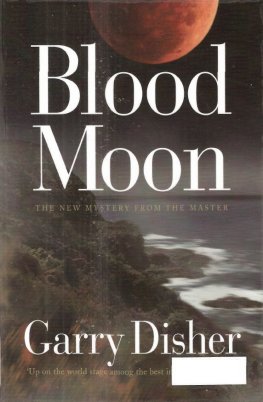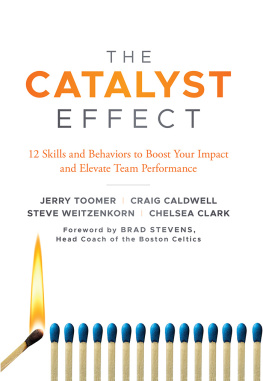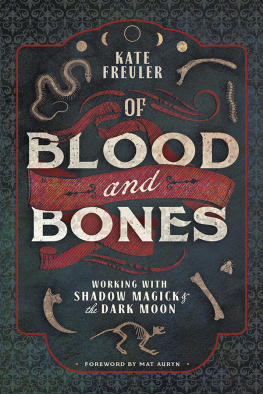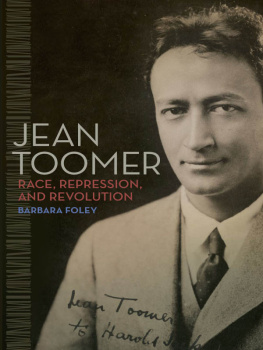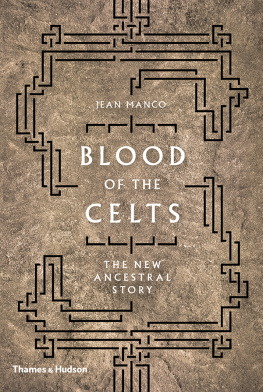Jean Toomer - Blood-Burning Moon
Here you can read online Jean Toomer - Blood-Burning Moon full text of the book (entire story) in english for free. Download pdf and epub, get meaning, cover and reviews about this ebook. genre: Prose. Description of the work, (preface) as well as reviews are available. Best literature library LitArk.com created for fans of good reading and offers a wide selection of genres:
Romance novel
Science fiction
Adventure
Detective
Science
History
Home and family
Prose
Art
Politics
Computer
Non-fiction
Religion
Business
Children
Humor
Choose a favorite category and find really read worthwhile books. Enjoy immersion in the world of imagination, feel the emotions of the characters or learn something new for yourself, make an fascinating discovery.

- Book:Blood-Burning Moon
- Author:
- Genre:
- Rating:5 / 5
- Favourites:Add to favourites
- Your mark:
- 100
- 1
- 2
- 3
- 4
- 5
Blood-Burning Moon: summary, description and annotation
We offer to read an annotation, description, summary or preface (depends on what the author of the book "Blood-Burning Moon" wrote himself). If you haven't found the necessary information about the book — write in the comments, we will try to find it.
Blood-Burning Moon — read online for free the complete book (whole text) full work
Below is the text of the book, divided by pages. System saving the place of the last page read, allows you to conveniently read the book "Blood-Burning Moon" online for free, without having to search again every time where you left off. Put a bookmark, and you can go to the page where you finished reading at any time.
Font size:
Interval:
Bookmark:
Jean Toomer
Blood-Burning Moon
(18941967)
Of the writers represented in this gathering, Jean Toomer would seem to be among the most lyrically and imaginatively gifted. Yet, ironically, his fate was to write for decades in obscurity, leaving behind a voluminous quantity of unpublished work short stories, novels, plays, an autobiography. His Cane (1923) is a work of literary genius, but never again, perhaps by his own design, did he attempt a work of its type or quality.
Jean Toomer was born in Washington, D.C., attended a number of colleges without earning a degree, and began writing in his middle twenties. From the first he aligned himself not with the then-dominant literary mode of Naturalism, but with Modernist experimentation; he published poems in avant-garde magazines like Broom and the Little Review, as well as in black publications. The dazzling Cane, though written within a few years of Anderson's Winesburg, Ohio, would seem to have sprung from entirely different sources, as from another planet.
In this brilliant and unclassifiable composition, an isolated, yet deeply sensitive young black man tries to connect himself with his "folk" heritage, without success. Cane is constructed as a collage, made up of poetry, prose-poetry, fiction, song, drama, and philosophical debate; Negro dialect is used like music, in aria-like interludes of great beauty and intensity. Throughout, and particularly in "Blood-Burning Moon," the selection included here, jazz rhythms underlie prose passages, and give a poetic resonance that, like both music and poetry, must be experienced to be understood. This is the lost, tragic, yet hauntingly beautiful world of the blues singer Robert Johnson, memorialized in prose.
Blood-Burning Moon
1
Up from the skeleton stone walls, up from the rotting floor boards and the solid hand-hewn beams of oak of the pre-war cotton factory, dusk came. Up from the dusk the full moon came. Glowing like a fired pine-knot, it illumined the great door and soft showered the Negro shanties aligned along the single street of factory town. The full moon in the great door was an omen. Negro women improvised songs against its spell.
Louisa sang as she came over the crest of the hill from the white folks' kitchen. Her skin was the color of oak leaves on young trees in fall. Her breasts, firm and up-pointed like ripe acorns. And her singing had the low murmur of winds in fig trees. Bob Stone, younger son of the people she worked for, loved her. By the way the world reckons things, he had won her. By measure of that warm glow which came into her mind at thought of him, he had won her. Tom Burwell, whom the whole town called Big Boy, also loved her. But working in the fields all day, and far away from her, gave him no chance to show it. Though often enough of evenings he had tried to. Somehow, he never got along. Strong as he was with hands upon the ax or plow, he found it difficult to hold her. Or so he thought. But the fact was that he held her to factory town more firmly than he thought for. His black balanced, and pulled against, the white of Stone, when she thought of them. And her mind was vaguely upon them as she came over the crest of the hill, coming from the white folks' kitchen. As she sang softly at the evil face of the full moon.
A strange stir was in her. Indolently, she tried to fix upon Bob or Tom as the cause of it. To meet Bob in the canebrake, as she was going to do an hour or so later, was nothing new. And Tom's proposal which she felt on its way to her could be indefinitely put off. Separately, there was no unusual significance to either one. But for some reason, they jumbled when her eyes gazed vacantly at the rising moon. And from the jumble came the stir that was strangely within her. Her lips trembled. The slow rhythm of her
song grew agitant and restless. Rusty black and tan spotted hounds, lying in the dark corners of porches or prowling around back yards, put their noses in the air and caught its tremor. They began plaintively to yelp and howl. Chickens woke up and cackled. Intermittently, all over the countryside dogs barked and roosters crowed as if heralding a weird dawn or some ungodly awakening. The women sang lustily. Their songs were cotton-wads to stop their ears. Louisa came down into factory town and sank wearily upon the step before her home. The moon was rising towards a thick cloud-bank which soon would hide it.
Red nigger moon. Sinner! Blood-burning moon. Sinner! Come out that fact'ry door.
2
Up from the deep dusk of a cleared spot on the edge of the forest a mellow glow arose and spread fan-wise into the low-hanging heavens. And all around the air was heavy with the scent of boiling cane. A large pile of cane-stalks lay like ribboned shadows upon the ground. A mule, harnessed to a pole, trudged lazily round and round the pivot of the grinder. Beneath a swaying oil lamp, a Negro alternately whipped out at the mule, and fed cane-stalks to the grinder. A fat boy waddled pails of fresh ground juice between the grinder and the boiling stove. Steam came from the copper boiling pan. The scent of cane came from the copper pan and drenched the forest and the hill that sloped to factory town, beneath its fragrance. It drenched the men in circle seated around the stove. Some of them chewed at the white pulp of stalks, but there was no need for them to, if all they wanted was to taste the cane. One tasted it in factory town. And from factory town one could see the soft haze thrown by the glowing stove upon the low-hanging heavens.
Old David Georgia stirred the thickening syrup with a long ladle, and ever so often drew it off. Old David Georgia tended his stove and told tales about the white folks, about moonshining and cotton picking, and about sweet nigger gals, to the men who sat there about his stove to listen to him. Tom Burwell chewed cane-stalk and laughed with the others till some one mentioned Louisa. Till some one said something about Louisa and Bob Stone, about the silk stockings she must have gotten from him. Blood ran up Tom's neck hotter than the glow that flooded from the stove. He sprang up. Glared at the men and said, "She's my gal." Will Manning laughed. Tom strode over to him. Yanked him up and knocked him to the ground. Several of Manning's friends got up to fight for him. Tom whipped out a long knife and would have cut them to shreds if they hadnt ducked into the woods. Tom had had enough. He nodded to Old David Georgia and swung down the path to factory town. Just then, the dogs started barking and the roosters began to crow. Tom felt funny. Away from the fight, away from the stove, chill got to him. He shivered. He shuddered when he saw the full moon rising towards the cloud-bank. He who didnt give a godam for the fears of old women. He forced his mind to fasten on Louisa. Bob Stone. Better not be. He turned into the street and saw Louisa sitting before her home. He went towards her, ambling, touched the brim of a marvelously shaped, spotted, felt hat, said he wanted to say something to her, and then found that he didnt know what he had to say, or if he did, that he couldnt say it. He shoved his big fists in his overalls, grinned, and started to move off.
"Youall want me, Tom?"
"Thats what us wants, sho, Louisa."
"Well, here I am"
Font size:
Interval:
Bookmark:
Similar books «Blood-Burning Moon»
Look at similar books to Blood-Burning Moon. We have selected literature similar in name and meaning in the hope of providing readers with more options to find new, interesting, not yet read works.
Discussion, reviews of the book Blood-Burning Moon and just readers' own opinions. Leave your comments, write what you think about the work, its meaning or the main characters. Specify what exactly you liked and what you didn't like, and why you think so.

